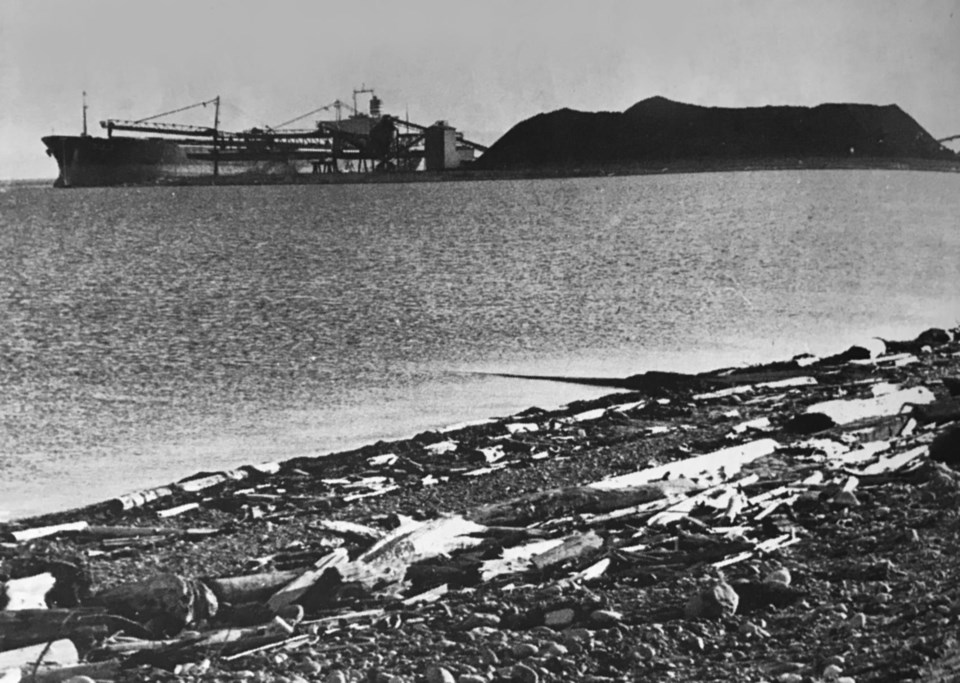Delta’s coal port officially opened at Roberts Bank on June 15, 1970.
It was an exciting time as thousands attended the ceremony including special guests Prime Minister Pierre Trudeau and B.C Social Credit Premier W.A.C Bennett.
The 55-acre bulk loading facility, referred to as the Roberts Bank superport, had an estimated cost of $9 million.
Operated by Westshore Terminals, a wholly-owned subsidiary of Kaiser Resources, the port was one of the largest deep sea facilities in the world.
The first clanging, whistling trainload carrying a load of coal had arrived at Westshore Terminals two months earlier, carrying a shipment from Sparwood, B.C. destined for Japan.
Accepting the coal, the first ship to sail out of the port was named Snow White.
Mayor Dugald Morrison was on hand for the grand opening, calling it a great day for Deltans.
“The additional industries and employment resulting could change the whole face of Delta. We have a very bright future,” Morrison said.
The Optimist reported that despite water spraying, a large cloud of dust arose when coal was dumped from the first rail car, forcing spectators to stand aside.
Commenting on concerns about pollution, Morrison said “We will be watching it very closely.”
Five decades later, Westshore Terminals, now controlled by the Jim Pattison Group, continues to operate 24 hours a day, seven days a week, and remains the largest dry bulk terminal on the west coast of the Americas.
In 1980, senior governments signed a $50 million pact to expand the coal port.
A year earlier, an expansion proposal had been quashed due to environmental concerns, prompting a revised proposal designed to minimize environmental impacts.
Westshore several years ago also undertook a major facility upgrade within the existing footprint.
The facility now ships steel making (metallurgical) and energy (thermal) coal to over 20 countries worldwide.
It handles coal from mines in B.C., Alberta as well the north western United States.




